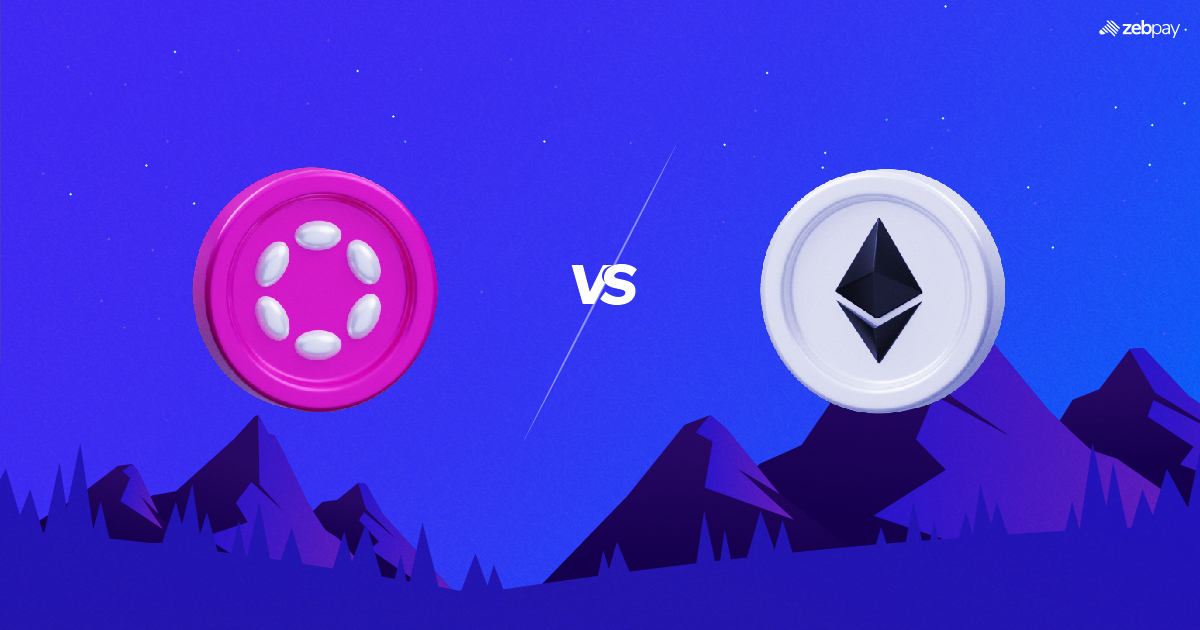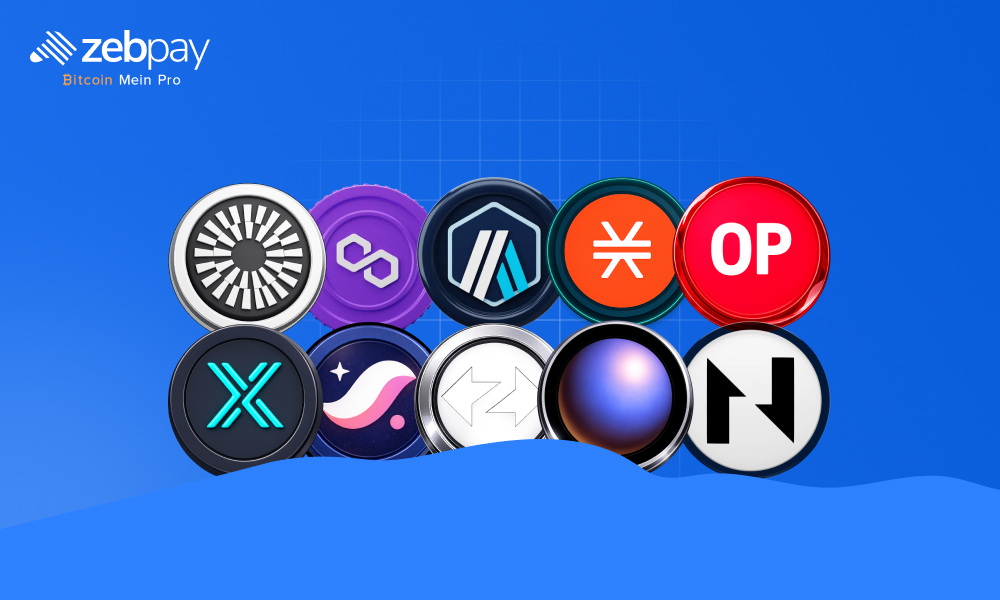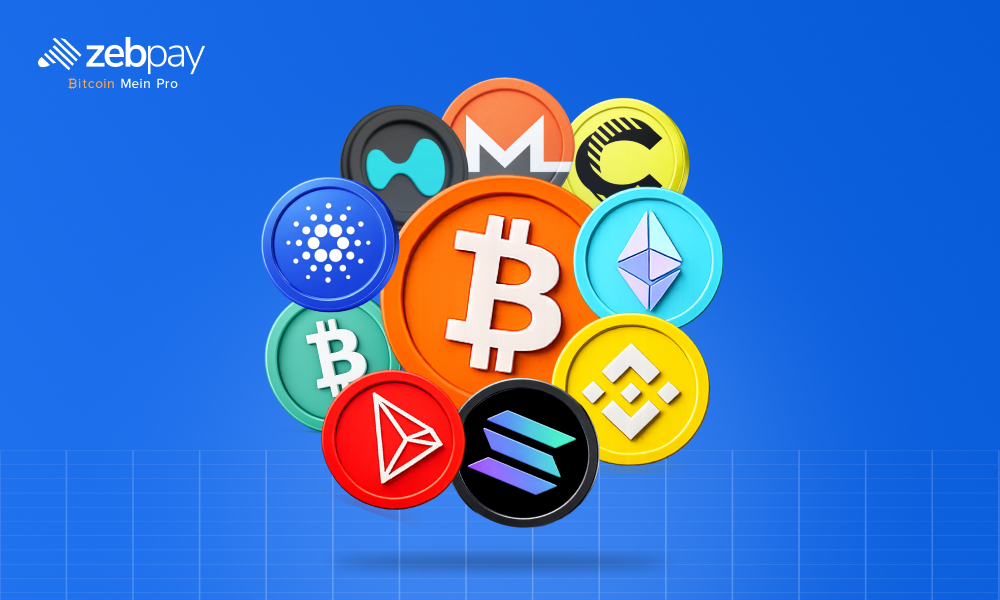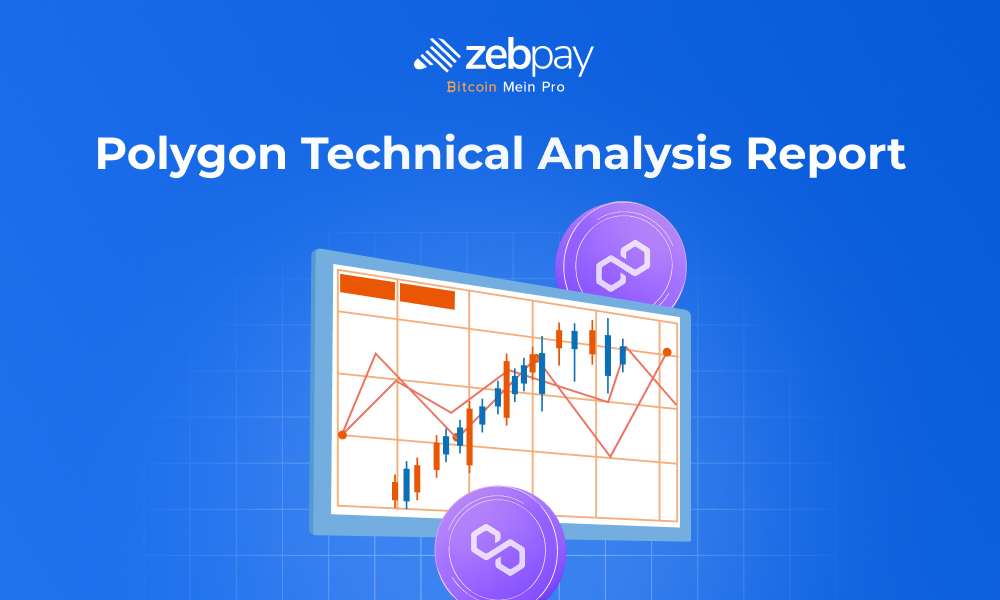Introduction
Blockchain technology is making waves for its transformative impact across industries. Among the top platforms in the space, Polkadot and Ethereum have established themselves as key contenders. This blog post will delve into their fundamental features, functionalities, and overarching goals.
Understanding Polkadot
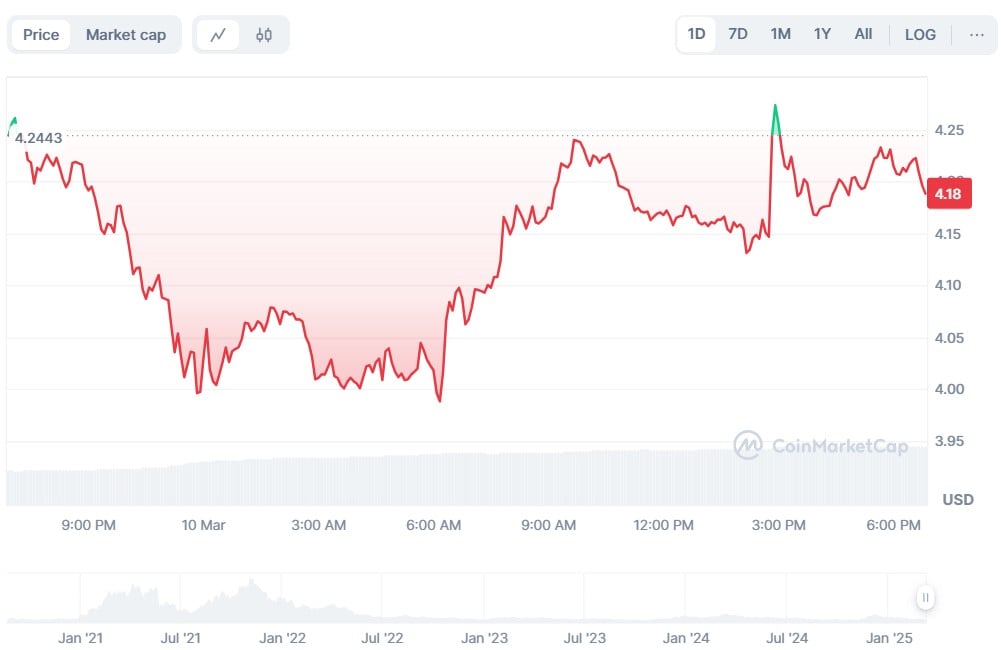
Polkadot stands out as a blockchain platform designed to facilitate interoperability between different blockchains. Its innovative structure allows multiple blockchains, known as parachains, to function collaboratively. The platform aims to enable seamless communication, resource sharing, and scalable growth while maintaining security and fostering innovation.
At the time of writing, Polkadot was trading at around $4.20, having a market capitalisation of roughly $6.5 billion.
Read more: What is Polkadot (DOT)
Understanding Ethereum

Ethereum is a widely recognized blockchain platform renowned for its smart contract capabilities. Functioning as a decentralized global network, it operates without a central authority. This empowers developers to build and deploy applications independently, eliminating the need for intermediaries. With a vibrant community, Ethereum hosts a diverse range of applications and tokens.
At the time of writing, Ethereum was trading at roughly $2,115, with a close to $255 billion worth market capitalisation.
Consensus Mechanisms
Consensus mechanisms ensure that transactions on a blockchain are valid and agreed upon by the network. Polkadot uses a consensus mechanism called nominated proof-of-stake (NPoS), where token holders can nominate validators to secure the network. Ethereum currently uses proof-of-stake (PoS), similar to Polkadot’s mechanism.
Scalability and Performance
Scalability is a big deal for blockchain platforms because it affects how many transactions they can handle. Polkadot tackles this by dividing its network into different sections called parachains, which helps it process more transactions. Ethereum has had some trouble with scalability, but it’s working to make the network faster and able to handle more transactions.
Read more: Polkadot VS Solana
Interoperability and Cross-Chain Communication
Interoperability refers to the ability of different blockchains to communicate and share information with each other. Polkadot has a unique framework that supports interoperability by allowing parachains to connect and exchange data. Ethereum is also working on improving interoperability. They have projects like Ethereum 2.0 and bridges that connect Ethereum with other blockchains to make communication between them easier.
Governance and Upgradability
Governance models determine how decisions are made regarding the development and evolution of a blockchain platform. Polkadot has a decentralised governance model where token holders can vote on proposals and upgrades. Ethereum also has governance mechanisms, but the decision-making process is currently transitioning to a more decentralised approach.
Smart Contract Capabilities
Smart contracts are self-executing contracts with predefined conditions written into code. Polkadot supports various smart contract languages, allowing developers to choose their preferred programming language. Ethereum introduced the Solidity language and has a vast ecosystem of smart contracts and dApps built on it.
Token Economics and Use Cases
Both Polkadot and Ethereum have their native tokens. Polkadot’s native token is called DOT, which is used for governance, staking, and bonding. Ethereum’s native token is called ETH, which serves as a digital currency and is used for gas fees and participating in the network. Both tokens have diverse use cases within their respective platforms.
Read more: What Is ETH Gas Fee
Developer Community and Ecosystem
The developer community and ecosystem surrounding a blockchain platform play a crucial role in its growth and adoption. Polkadot’s developer community is rapidly expanding, attracting developers interested in building innovative applications and parachains. Ethereum has an established developer community and a diverse ecosystem with a wide range of tools, libraries, and dApps.
Security and Auditing
Security is of utmost importance in blockchain platforms. Polkadot incorporates security measures and practices auditing to ensure the integrity of the network and the parachains. Ethereum has faced security challenges in the past but continues to improve its security practices through ongoing research, audits, and bug bounties.
Adoption and Partnerships
Both Polkadot and Ethereum have gained significant adoption and formed partnerships with various organizations. Polkadot has notable partnerships and integrations, enabling cross-chain collaboration and expanding its use cases. Ethereum has achieved widespread adoption and has collaborations with industry leaders, making it a popular choice for developers and enterprises.
Future Outlook and Conclusion
Looking ahead, Polkadot holds significant potential for growth and innovation in the blockchain space. Its distinctive architecture enables seamless blockchain interoperability and is designed to handle high transaction volumes efficiently. Meanwhile, Ethereum continues to evolve, addressing its limitations through Ethereum 2.0. As a leading platform for decentralized applications and smart contracts, it remains a top choice for developers.
In conclusion, while both Polkadot and Ethereum are influential blockchain platforms, they cater to different needs. If your priority is cross-chain connectivity and scalability, Polkadot may be the better fit. However, if you’re focused on building applications and leveraging smart contracts, Ethereum offers a robust ecosystem. As blockchain technology advances, both platforms will continue to evolve, unlocking new possibilities for developers and users alike.
You can read more about Crypto, Blockchain and Web 3.0 on ZebPay Blogs. Click on the button below and join the millions trading on ZebPay!

